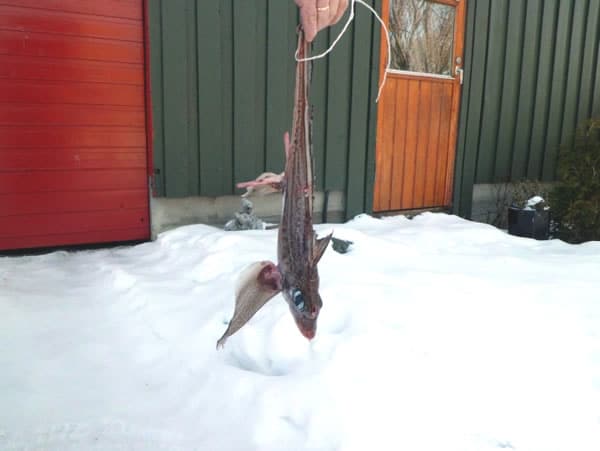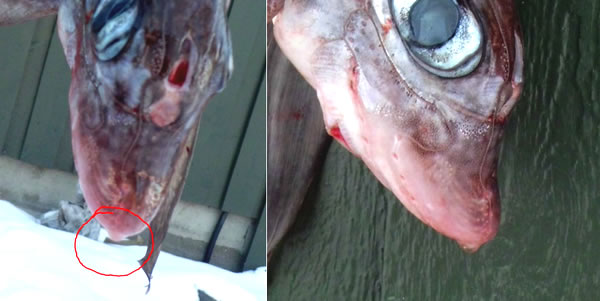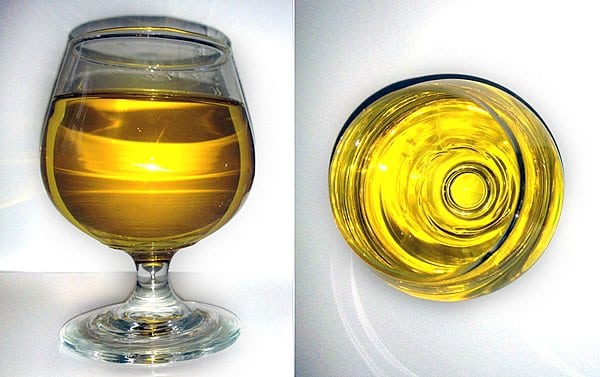The ratfish are exclusively harvested by local artisanal fishermen from the deep, crystal clear and unpolluted waters of the spectacular Norwegian Helgeland fjords. The fjords are framed by the rugged peaks of stunning mountain ranges, including the “Seven Sisters,” which are bathed in the light of the midnight sun, or set against the flickering Northern Lights which dance across the sky. The special natural environmental conditions of this gorgeous and unspoiled area come together in harmony, and contribute to the production of our high quality, truly unique oil.
First, the ratfish are wild-caught from small fishing boats with shelter decks, rather than commercial fishing boats.
Maintaining the natural quality of fresh-caught ratfish depends on careful post-harvest handling. As such, our fishermen are given strict guidelines, which include protecting them from exposure to temperatures greater than that of refrigeration, by icing the fish immediately upon harvest. These practices, rare in commercial fisheries, ensure that we receive the fish as fresh as the moment they were pulled from the waters.
Once harvesting is complete, the fish are quickly ferried to shore. They are then carefully inspected, and only fish of a certain age and size are used. The livers from larger size fish (fish beyond a certain weight) are never used to produce our oil.
To produce the freshest oil, the livers from healthy fish should be removed as soon as possible. We carefully remove and inspect the ratfish livers by hand, and only the best quality livers are selected for extracting the oil. The liver of the ratfish, when healthy and fat, is cream-colored, and so soft that a finger may be pushed through it. Leaner livers deepen in color to a reddish or nearly black hue – these are never used to produce our oil.
We make sure the livers are very carefully handled and never exposed to high temperatures or chemicals. Rough handling of the liver can cause it to bruise, promoting degradation of the liver and lowering the quality of the oil produced (only the undamaged, fresh livers are suitable).
Strict control of the temperature before and during the ratfish liver oil extraction process is also central to the quality of the final product.
The livers finally selected are carefully cleansed by washing in pure cold water. The wild harvested ratfish livers then undergo our proprietary, unique and completely natural extraction process. This natural process occurs as soon as possible after harvesting (to avoid any chemical changes from taking place), in a clean and odor-free environment.
Here’s how it works:
We create a gentle shift in temperature, from the icy cold water that the fresh livers are submerged in upon harvest, to below-room temperature. This shift naturally triggers the release of the oil.
This shift is also done in the total absence of heat, which protects the oil’s nutritional value. Just as important, we never subject the livers to chemical treatment, solvents, mechanical devices, rendering, Peter Möller’s method (steam), distillation, winterization, putrefaction, decomposition, alkali refining, bleaching, deodorization or freezing. We take every precaution to preserve the therapeutic properties of cod liver oil and its natural abundance of nutrients.
This process is so are because the only way to carry out this subtle, gentle temperature shift is by controlling the entire process from fish to bottle. Great care for the livers is taken throughout each step, so they maintain the optimal temperature that allows the fresh oil to naturally release. Please note that the process to release the ratfish liver oil is the same we use for our cod liver oil.
Immediately after the oil is released, it is very lightly filtered, with the help of a special method that uses gravity only, at low temperatures. This method simply removes particles of liver tissue, without refining the oil. In contrast, conventional procedures remove most of the healthy, fat-soluble vitamins, and therefore, commercial producers will add synthetic vitamins to make up for the loss.


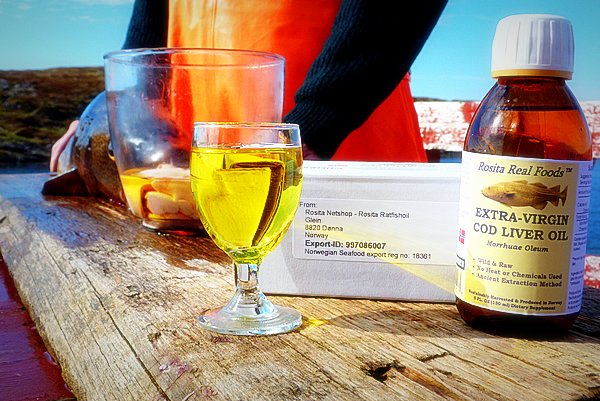
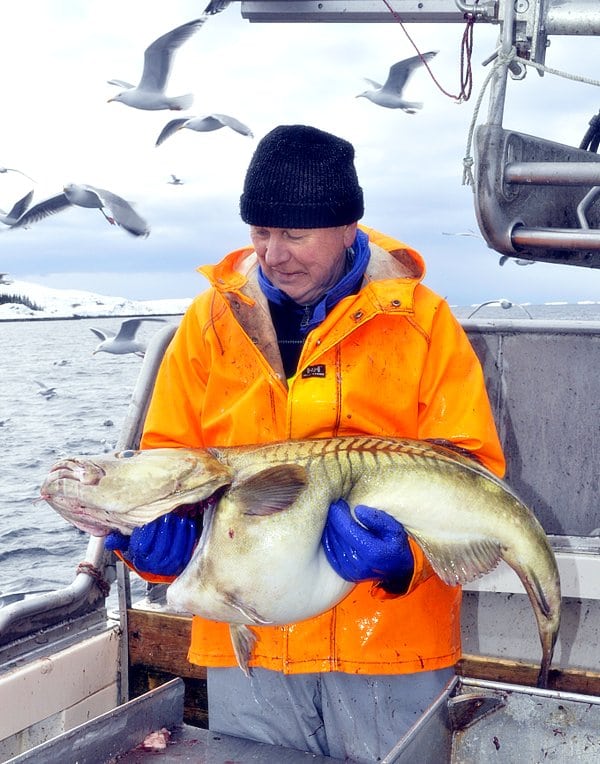
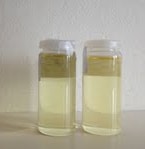 Image #1
Image #1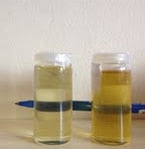 Image #2
Image #2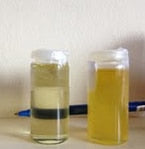 Image #3
Image #3